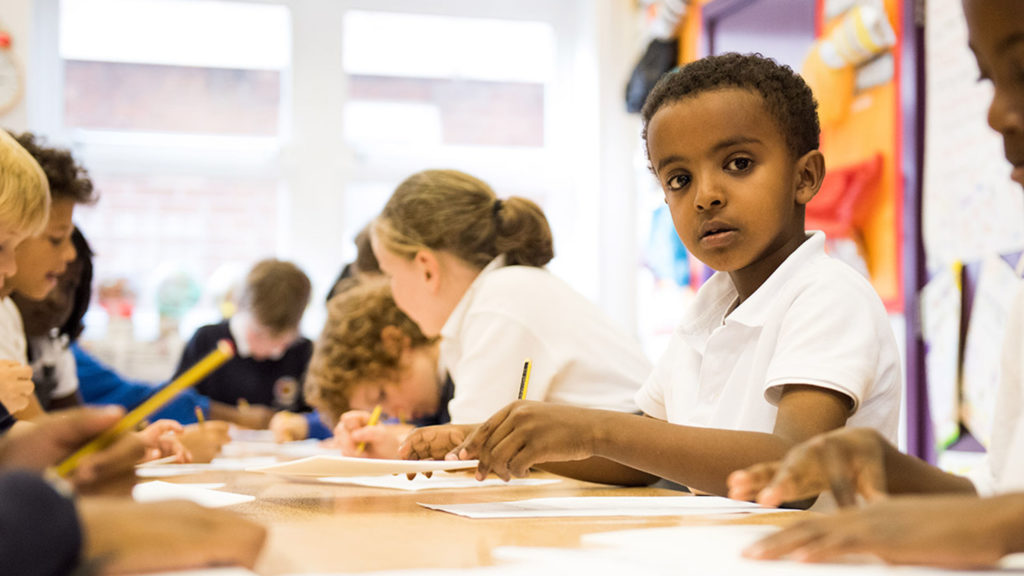Making yourself approachable for students to talk

As we move closer to an unusual start of the academic year, this article points out how important it is for us to be approachable to all learners.
We have all been there. A pupil in our class or school has spoken to their parent/carer at home about a problem, issue, concern or observation related to school.
As educational practitioners and adults, we often see the work within our school or setting from an adult perspective, with all the power, control and knowledge that we as adults have.
Children, as you know, see things from a totally different perspective and often are excited by and worried by things that we, as adults, would not even bat an eyelid at!
Have you ever thought – “what are they laughing at?” or “why is that scary?” Their emotional responses and their worries and concerns are as individual as they are and so is their choice of who to speak to about it all.
It is sometimes hard to realise that the 30 pupils in your class are not only members of your class community, they are also members of the school, the wider neighbourhood and of course their family grouping and the community their family sit within.
It may not feel like it, but the majority of children’s time is spent outside of school. They have close relationships and friendships with other adults; parents, siblings, cousins, aunts and uncles, coaches, tutors and neighbours.
How many of you have seen a pupil get overcome with the hysterics at the simplest of jokes, actions or statements. Watch your class when they are the audience in a show and tell assembly.
When children speak about their worries and concerns it will be with the person that is most likely to listen. As children are emotional opportunists, it will be the adult who is there at the right time and place.
If the adult has then come into the school to discuss it further with a member of the team, then try to look at it, as the child having made the right decision, rather than you doing anything wrong!
Some of the concerns I have had brought to me by families over the years have been;
- They are nervous about using the toilet
- Do they have to read something out in assembly?
- Why have they moved their carpet space?
- The boy in the other class is always asking to play their game with them.
- Can they be their best friends’ partner on the school trip?
All of the above were ‘minor’ in my eyes and could have been dealt with if the child had spoken to me first!
But they did not and that is where my reflection began.
Making sure you are open to listening, offering pupils the opportunity to chat with you and try to make sure that you explain the processes, decisions and organisation in your classroom. This can help to mitigate against some of the above.
But more importantly just accepting that these things happen (adults do the same!) and not taking it too personally will help you even more!








Responses